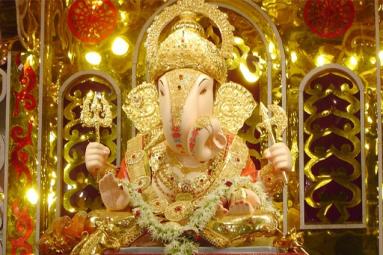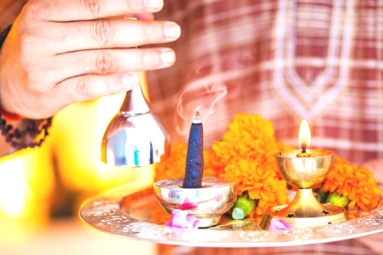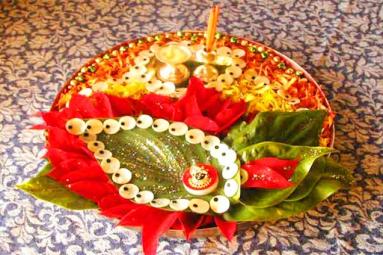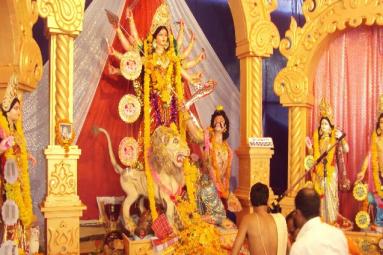
According to Hindu mythology, it is believed that in order to please the gods and goddess, the exact Diwali puja process should be followed. Therefore, for performing the vital and significant Diwali puja, people learn about the Diwali puja process and then go for it. Otherwise, they ask the pujariji or the Brahmin to perform the Diwali puja with correct rites and rituals. On the contrary, it is also said that if the puja process is somehow incorrect, it can cause negative effects. Hence, people are very careful regarding the worship of gods and goddesses and while performing puja.
Diwali is the most loved festivals of Hindus. It is the bringer of prosperity, wealth and good luck. On this day, Goddess Lakshmi and Lord Ganesh are worshipped with great devotion and care. Generally, it is at night that the puja is performed. People assemble all the puja items and lit up rows of diyas and candles for the puja. The puja is done to remove darkness and to usher in light of hope, knowledge and devotion. So, let us learn the perfect Diwali puja process:
Initially, the puja room is cleaned. Then the idols of lord Ganesh and Lakshmiji is washed with water. Then, the idols are washed finally with the water of River Ganga for ultimate purification.
Both the gods are dressed in new bejeweled clothes and placed on their 'asana'. Lord Ganesha is placed on the right side and Lakshmiji on the left.
Then, they are offered flowers and garlands are out over them.
The diyas are lighted and put in front of the deities. Essentially, people light five diyas and five candles also. They light incense sticks too. 'Panchamrit' is made from honey, milk, curd, sugar and ghee.Then, 'mithais' or Diwali sweets are offered coupled with some other delicacies. With this, abir, sindhoor and haldi are also poured over the deities.
Finally, fruits and 'dakshina' or cash money is offered too.
After this, Ganesh aarti is sung accompanied with Diwali aarti for Laskmiji. And the plate of the diyas is circled around the deities.
Thereafter, the general Aarti called 'Om Jai Jagdish' is also sung.
After the aarti is over, prasada is distributed among all the devotees present.
source : diwaliutsav








